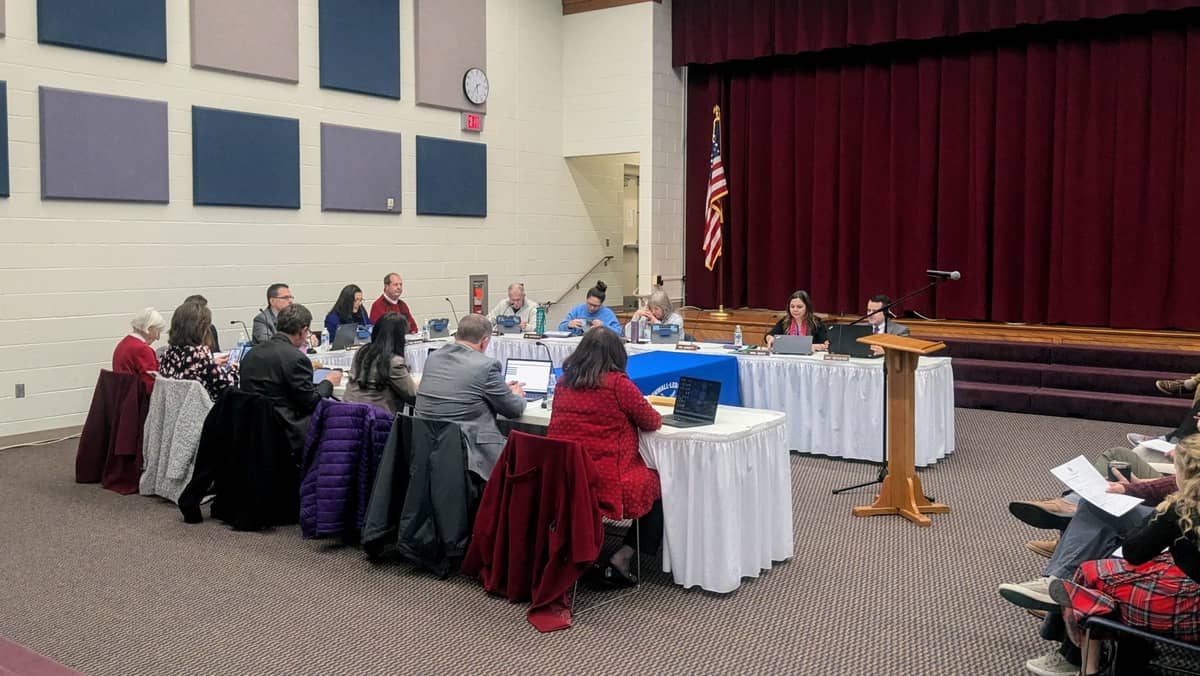A stretch of S. Forge Road/Route 117 in Palmyra is closed due to a sinkhole.
According to PennDOT, the sinkhole measures 8′ by 20′ with a depth around 25′. The stretch of S. Forge Road between Birch and Cypress will be closed Friday, February 15. The road closed shortly before 11:00am Thursday.
State Rep. Frank Ryan was first to alert Lebanon County to the traffic problem in a Facebook post yesterday.
The road carries a daily traffic volume of around 9,600 vehicles. PennDOT is working with Palmyra Borough and American Water Company since both have utilities in the area, and both the water pipe and sewer main showed signs of damage.
On Friday, the Borough will fix the sewer line and backfill the hole. PennDOT will place cold patch material for the pavement patch when the backfill operation has been completed and will reopen the road at that time, but a firmer estimate of reopening schedule was not available.
Just a fifth of the overall US landmass is susceptible to sinkholes, according to the US Geographical Survey, with the majority in Pennsylvania, Florida, Texas, Alabama, Missouri, Kentucky, and Tennessee.
Technically speaking, sinkholes are depressions in the ground that result from surface material moving into subsurface pathways caused by weathering. Sinkholes can be formed gradually or with abrupt breaks in the soil.
Central Pennsylvania’s landscape sitting atop limestone or dolomite rock makes the region susceptible to sinkholes due to the dissolution of soluble rock.

Although the resulting springs, caves, and sinkholes may be fantastic to look at, they do correspond with a higher tendency towards aquifer contamination. Some believe this makes projects like the Mariner East II even more dangerous to our local water supply.

Although sinkholes are merely a nuisance today, they could be much larger inconveniences when falling along, say, a railroad line. In September 1876, the Lebanon Daily News reported about a sinkhole in Robesonia caused by a hidden stream that was threatening the Philadelphia and Reading Railroad which linked Lebanon to the cities east. The “yawning abyss” was managed by redirecting the water with a man-made shaft.
Here are some other sinkholes that have made the local news over the years.





Find more information about sinkholes in Pennsylvania over at the state’s Department of Conservation and Natural Resources.
This article draws from a previous one, Sinkholes, forever part of life in Central PA. Updated Friday morning with more info from PennDOT.























